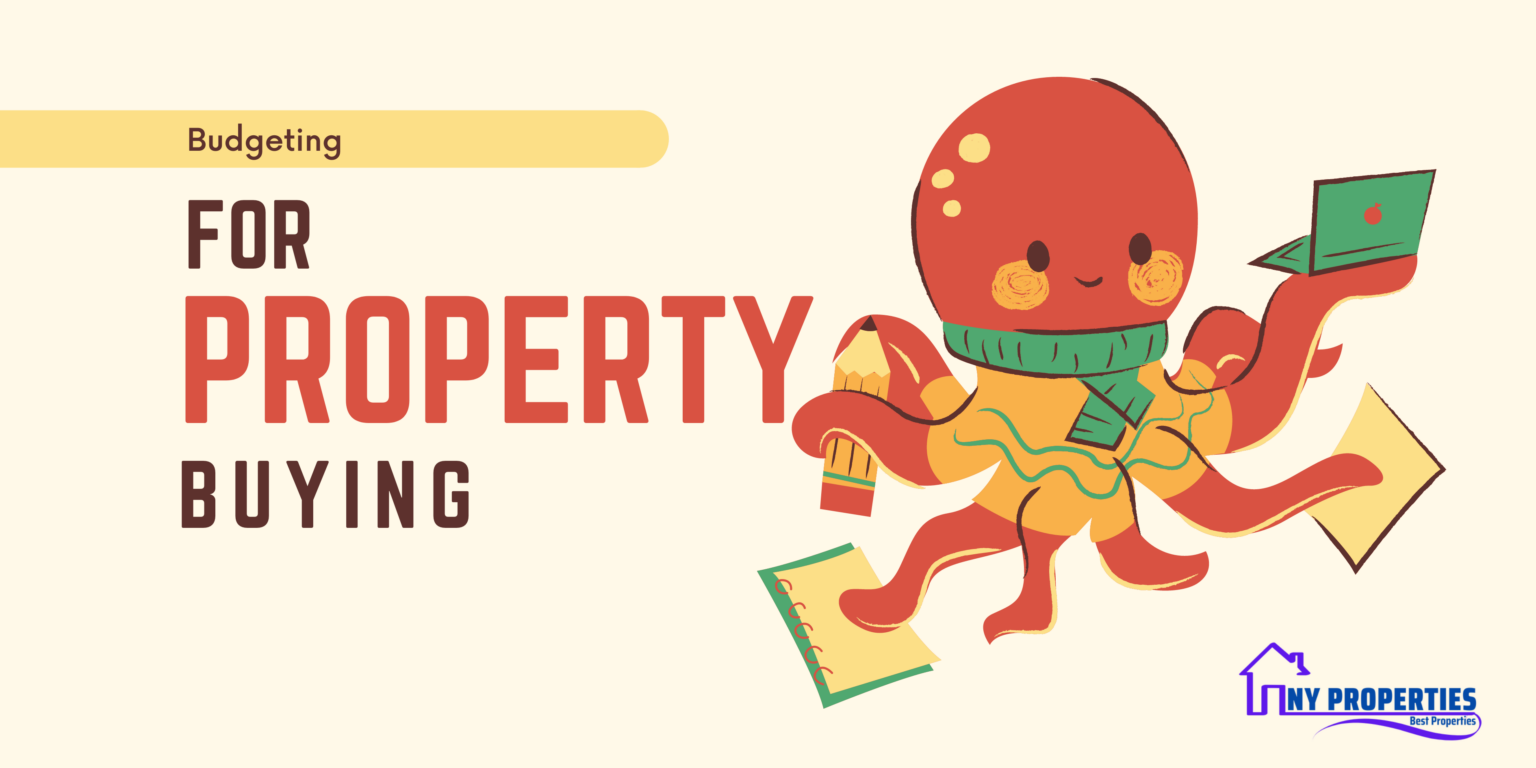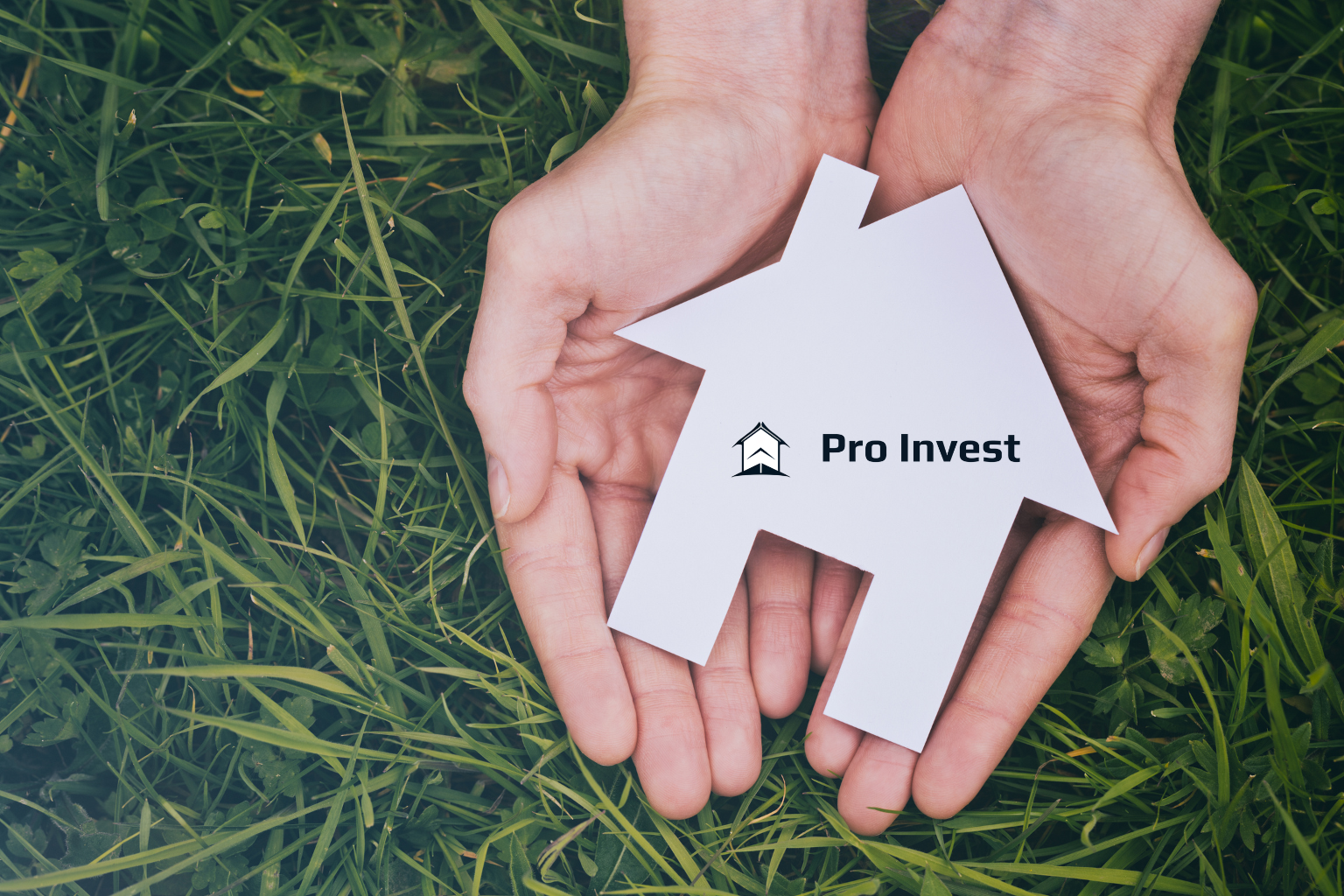Buying a property is a significant milestone in life, whether you’re purchasing your dream home or venturing into real estate investment. Budgeting for Property Buying is important factor.
One of the key aspects of a successful property buying journey is budgeting.
Having a solid budget in place allows you to determine your financial capacity, make informed decisions, and avoid any financial pitfalls along the way.
In this comprehensive guide, we will explore the crucial steps involved in budgeting for property buying, providing helpful tips and logical examples to help you on your path to home ownership or investment success.
1. Determine Your Affordability
The first step in budgeting for property buying is assessing your financial situation to determine how much you can afford.
Start by examining your income and evaluating your savings and existing debts.
Calculate your monthly expenses to get a clear picture of your current financial commitments.
From there, you can assess how much you can realistically allocate towards mortgage payments.
To assess affordability, consider using online calculators that take into account your income, savings, debts, and desired loan term.
These calculators provide estimates of your borrowing capacity and monthly mortgage payments.
Keep in mind that while a lender may approve you for a certain loan amount, it’s crucial to determine what you’re comfortable paying each month without straining your finances.

2. Create a Realistic Savings Plan
Once you have a clear understanding of your affordability, it’s time to create a realistic savings plan.
Start by setting a savings target based on the desired property price and any required down payments.
Saving for a property may require adjustments to your spending habits and lifestyle.
Identify areas where you can cut back on expenses, such as reducing dining out or entertainment costs, to increase your savings rate.
To make saving easier, automate your savings by setting up an automatic transfer to a separate account dedicated to your property fund.
Treat your property savings as a regular monthly expense and prioritize it alongside other financial responsibilities.
3. Research Property Prices
Knowing the average property prices in your desired area(s) is essential for budgeting effectively.
Take the time to conduct thorough research on property prices to gain a realistic understanding of the market.
Explore online platforms that provide property listings and historical sales data.
Additionally, consult with local real estate agents who can offer expert insights into current market trends and property valuations.
By thoroughly researching property prices, you’ll have a better idea of what to expect and can adjust your budget accordingly.
Keep in mind that property prices can fluctuate, so it’s also crucial to have a long-term perspective and consider future market trends.

4. Account for Additional Costs
Budgeting for property buying involves more than just the purchase price.
Additional costs can significantly impact your overall budget and should not be overlooked. These costs include:
- Stamp Duty: A tax imposed by the government on property purchases. The amount varies depending on the property price and location.
- Legal Fees: Hiring a conveyancer or solicitor to handle the legal aspects of the property purchase incurs fees. These fees cover contract reviews, searches, and settlement procedures.
- Property Inspections: Before finalizing a purchase, it’s advisable to conduct inspections, such as building and pest inspections, to identify any potential issues.
- Ongoing Costs: Consider ongoing costs like property taxes, insurance, maintenance, and potential renovations or repairs. These expenses will continue even after the purchase and factoring them into your budget ensures you can afford the property in the long run.
To avoid any surprises, calculate these additional costs and create a buffer in your budget to account for unexpected expenses that may arise during the buying process.
5. Get Pre-Approved for a Mortgage
Getting pre-approved for a mortgage is an essential step in the property buying process.
It involves seeking a lender’s confirmation of the loan amount they are willing to lend you based on your financial circumstances.
By getting pre-approved, you are aware of your borrowing capacity and can confidently pursue properties within your budget.
Consult with multiple lenders to explore mortgage options and find the best one for your needs.
Consider factors such as interest rates, loan terms, and any additional fees or charges associated with the mortgage.
By comparing different offers, you can secure a mortgage with favorable terms and conditions.

6. Consider Long-Term Financial Goals
When budgeting for property buying, it’s important to consider your long-term financial goals and how the property purchase aligns with them.
Evaluate the potential impact of property ownership on your overall budget.
Will it affect other financial goals, such as retirement planning or starting a family?
Understanding these implications allows you to make informed decisions about the property you’re considering and ensure it fits into your broader financial strategy.
Consider seeking advice from a financial advisor who can provide valuable insights and help you align your property purchase with your long-term financial goals.
7. Regularly Review and Adjust
Budgeting is an ongoing process.
It’s crucial to regularly review your budget and make any necessary adjustments along the way.
Keep track of your progress and compare it to your initial goals.
If necessary, make modifications to your spending habits, savings targets, or even property preferences.
Staying informed about changes in your financial situation, interest rates, and market conditions will allow you to adapt your budget effectively.

Find the Best Brand New Properties to Match Your Needs and Objectives
Budgeting for property buying is a critical step towards making smart financial decisions.
By following the steps outlined in this guide, you’ll have a clear understanding of your financial capacity, savings goals, and overall affordability.
Remember, budgeting is an investment in your future and ensures a successful property buying journey.
If you’re ready to find the best brand new properties that match your needs and objectives, contact us at Nyalkaran Properties.
Our team of experienced real estate professionals is dedicated to helping clients like you achieve their property buying dreams.
With our vast selection of properties and expertise in the market, we can guide you through the process, making it smooth and hassle-free.
Start your journey towards home ownership or real estate investment success today.
Contact us to find the perfect property and turn your dreams into a reality.




